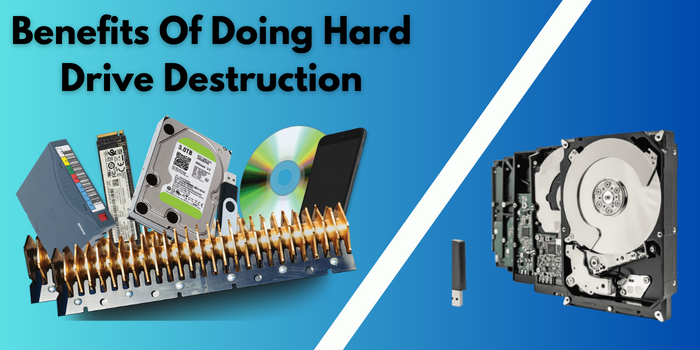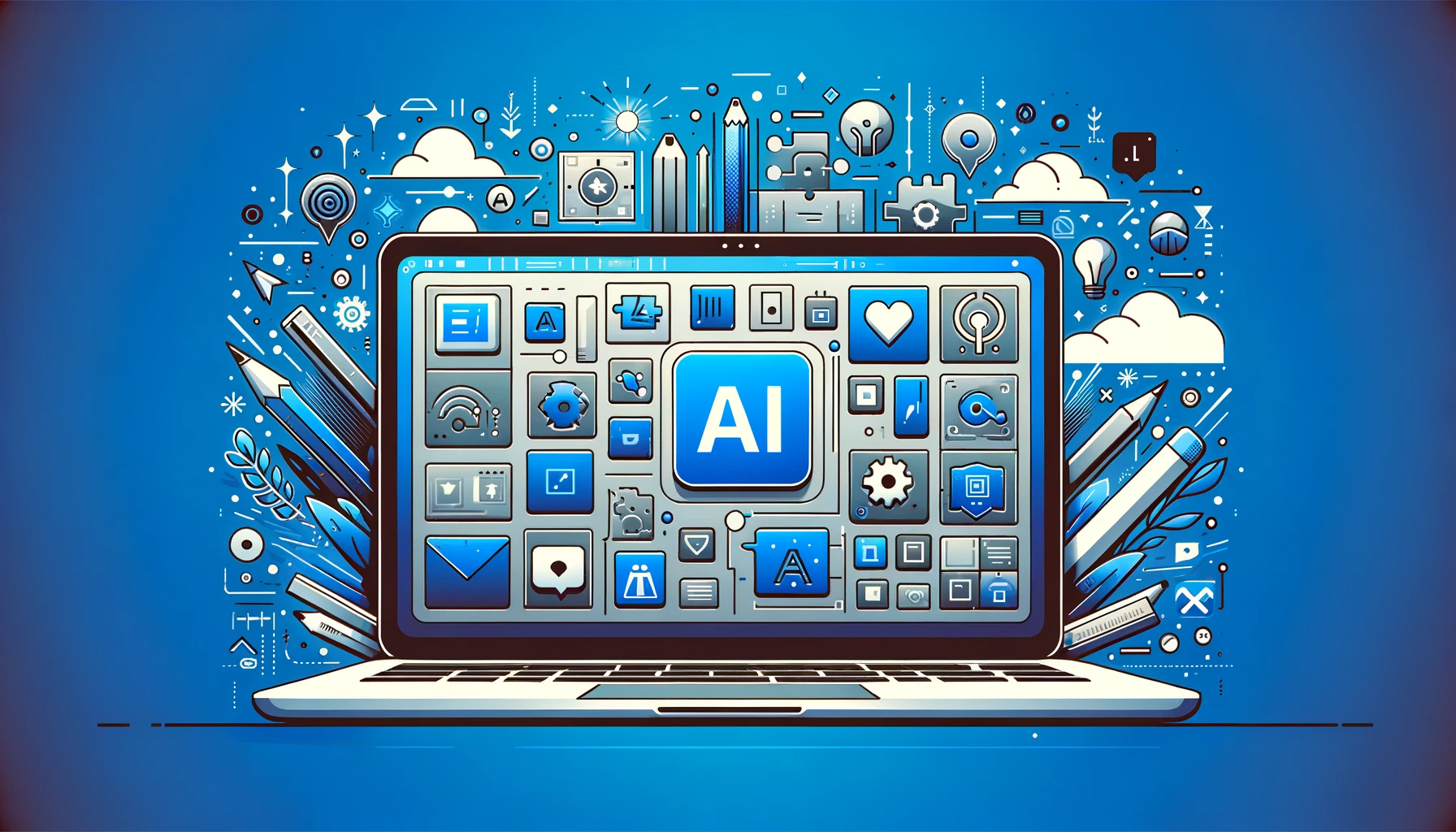
From Pixels to NFTs: Revolutionizing Gaming through Blockchain Technology
The world of gaming has witnessed a significant transformation in recent years, thanks to the advent of blockchain technology and non-fungible tokens (NFTs). NFTs have revolutionized the way digital assets are created, bought, sold, and owned. This article explores the intersection of NFTs and gaming, highlighting the impact of this technology on the gaming industry and how it has paved the way for new possibilities in game development. We will delve into the concept of NFT game development and discuss the benefits and challenges associated with this emerging trend. Finally, we will look into the future of NFTs in gaming and the potential it holds for reshaping the entire landscape.
Understanding NFTs and Blockchain Technology
Before diving into the impact of NFTs on gaming, it is essential to understand what NFTs and blockchain technology entail. NFTs are unique digital assets that can represent ownership or proof of authenticity for various items, including artwork, music, and in-game items. These tokens are built on blockchain technology, which ensures their scarcity, immutability, and decentralized nature. Blockchain technology acts as a digital ledger, recording all transactions and providing a transparent and secure environment for buying, selling, and trading NFTs.
The Impact of NFTs on Gaming
NFTs have brought about a paradigm shift in the gaming industry, offering new possibilities for players and developers alike. Let’s explore some key areas where NFTs have made a significant impact on gaming.
Enhancing Ownership and Digital Assets
Traditionally, gamers have been limited in their ownership of in-game items. With NFTs, players can now truly own their digital assets, as these tokens can be bought, sold, and traded freely on various platforms. This ownership extends beyond the game itself, allowing players to retain value and control over their virtual possessions.
Creating a Virtual Economy
NFTs have facilitated the creation of vibrant virtual economies within gaming ecosystems. Players can earn and accumulate valuable in-game items, which can be sold or traded with other players for real-world value. This virtual economy has opened up new avenues for gamers to monetize their skills and time invested in games.
Enabling Play-to-Earn Mechanics
NFTs have introduced the concept of play-to-earn mechanics, where players can generate income by participating in games. By owning rare or valuable in-game items, players can earn rewards, trade with others, and potentially make a profit. This innovative approach has attracted a new wave of gamers who see gaming as a viable source of income.
NFT Game Development
NFT game development involves integrating non-fungible tokens into game mechanics, creating unique and tradable in-game items, and exploring decentralized gaming platforms. Let’s explore these aspects further:
Integrating NFTs into Game Mechanics
Developers are incorporating NFTs into game mechanics, allowing players to utilize their digital assets within the game environment. NFTs can grant special abilities, unlock exclusive content, or represent rare items that can be used or traded. This integration adds depth and value to the gaming experience, providing players with unique opportunities and rewards.
Designing Unique In-Game Items
NFTs enable developers to create one-of-a-kind in-game items that possess inherent value and rarity. These items can range from virtual pets and weapons to rare skins and collectibles. By utilizing blockchain technology, developers can ensure the scarcity, provenance, and authenticity of these items, making them highly sought after by players.
Exploring Decentralized Gaming Platforms
Decentralized gaming platforms leverage blockchain technology to create open and transparent gaming ecosystems. These platforms allow players to trade and interact with each other directly, without the need for intermediaries. Decentralization ensures the security of transactions and provides players with full control over their assets.
Benefits and Challenges of NFT Gaming
NFT gaming brings along a range of benefits and challenges that shape its landscape. Let’s explore these aspects:
Benefits of NFT Gaming
- True Ownership: NFTs enable players to truly own their in-game items, giving them control and the ability to monetize their assets.
- Value Preservation: Rare and unique NFTs can retain or increase their value over time, offering players a potential investment opportunity.
- Player-driven Economies: NFTs foster player-driven economies where gamers have the freedom to buy, sell, and trade assets within the game ecosystem.
- Enhanced Gaming Experience: The integration of NFTs into games provides players with unique experiences, rewards, and customization options.
Challenges in NFT Game Development
- Scalability: Blockchain technology is still evolving, and scalability remains a challenge for NFT gaming platforms that aim to handle a large number of users and transactions.
- Accessibility: NFT gaming can sometimes be intimidating for casual gamers due to the complexities associated with acquiring and managing digital assets.
- Environmental Impact: The energy consumption of blockchain networks used for NFTs has raised concerns regarding the environmental sustainability of NFT gaming.
The Future of NFTs in Gaming
The future of NFTs in gaming looks promising, with several exciting possibilities on the horizon:
Increased Adoption and Mainstream Appeal
As the technology matures and becomes more user-friendly, NFT gaming is likely to see increased adoption by both developers and players. The broader appeal of owning unique digital assets and the potential for earning income through gameplay will attract a diverse audience to the world of NFT gaming.
Evolution of Virtual Worlds and Metaverses
NFTs have the potential to shape the evolution of virtual worlds and metaverses. These immersive environments can offer players unprecedented opportunities for creativity, social interaction, and economic participation. NFTs will play a crucial role in facilitating the exchange of virtual assets and driving the economies within these virtual realms.
Conclusion
NFTs have brought a revolutionary change to the gaming industry, empowering players with true ownership, economic opportunities, and unique gaming experiences. The integration of blockchain technology and NFTs in game development has unlocked new avenues for creativity, monetization, and player engagement. As the technology continues to evolve, NFT gaming holds the potential to reshape the future of gaming, creating a more immersive, inclusive, and player-centric landscape.



